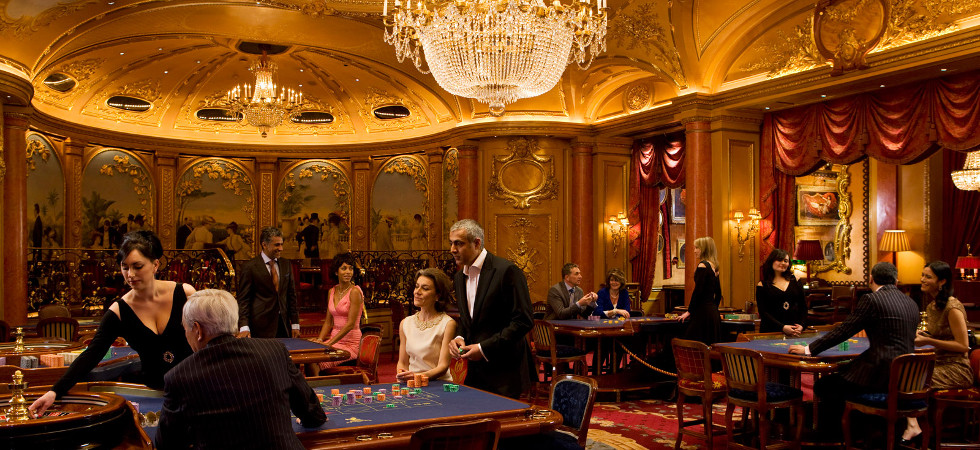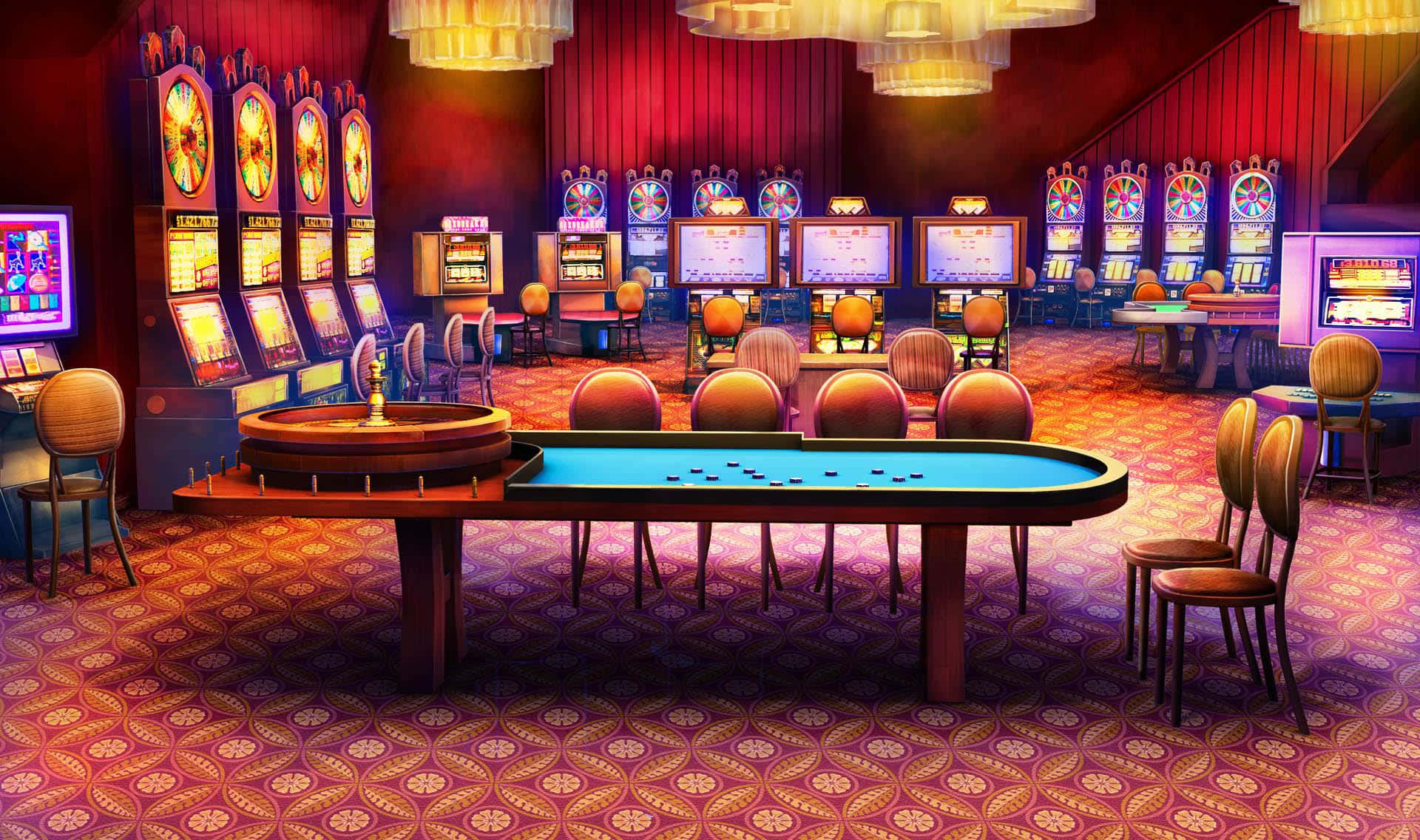Gambling games have long been an integral part of human culture, delivering not just entertainment but a fascinating reflection of our dreams, wishes, and concerns. From the rotating wheels of a slot machine to the strategic gameplay of poker, these games represent a spectrum of human sentiments and experiences. At their core, casino games are more than a chance to make profits; they are a snapshot of life itself, where danger and gain intertwine and luck can change in an eye blink.
As players assemble around tables or sit in front of glowing machines, they engage in a tradition that transcends mere playing. These games reflect our instinctive desires for relationships, adventure, and the pursuit of luck. They also reveal deeper truths about human behavior, such as our relationship with fate and the adrenaline of the unknown. In exploring casino games, we uncover not only the mechanics of play but also the complex weave of the human experience, showcasing our interconnected narratives of aspiration and reality.
The Mind Behind Gambling
Gambling is intrinsically connected in human psychology, appealing to various emotions and wants. The thrill of risk-taking is a fundamental aspect that draws players in, be it it’s thrill of spinning a roulette or the excitement of drawing a winning hand in a poker game. This adrenaline is frequently likened to other forms of excitement, as the uncertainty of outcomes triggers a distinct psychological response. Gamblers often become entranced by the possibility of striking it rich, leading to an almost magnetic draw toward gambling games.
Additionally, a crucial component of the psychology behind gambling is the concept of optimism and aspiration. mmlive Players often nourish fantasies of financial freedom and the luxurious lifestyle that can accompany winning. This hope fuels their ongoing participation in gambling, as it provides a sense of purpose and the conviction that a life-changing win could be just one bet away. The story of beating the odds and finding success resonates with many, reinforcing their commitment to play and involve themselves with these games.
Lastly, social dynamics play a crucial role in gambling psychology. Casino environments are designed to promote social interaction, where gamblers gather to share the journey of wins and losses. This communal aspect not only amplifies enjoyment but also affects behavior, as individuals often mimic the actions of others around them. The collective approval found in shared excitement can enhance the emotional experience, making casino games a mirror of not just personal desires but also shared involvement within the gambling community.
### Risk and Reward: A Double-Edged Sword

Gambling games embody the delicate balance between danger and gain that resonates deeply with the human experience. The rush of placing a wager is often accompanied by a surge of excitement, as participants are confronted with the prospect of striking it rich, yet fully aware of the risk to lose. This bipartisan experience reflects a essential aspect of life: the choices we make often come with inherent risks, and the pursuit of reward can push us to make risky moves we might not otherwise consider. In this way, gambling activities echo real-world decisions, enticing gamblers to risk not just their capital, but also their aspirations.
The allure of big prizes and payouts fuels a wave of hope, encouraging players to imagine a brighter future that could emerge from a fortunate turn of the wheel or turn of a card. ngắm gái xinh tại mmlive This positive outlook can motivate individuals to engage in greater risks, pushing them to extend their limits in search of economic benefit. However, just as in life, the results of these risks can lead to both triumph and failure. The stories of both jackpot winners and those who have faced losses everything at the tables demonstrate the random nature of luck and its impactful repercussions on our lives.
Ultimately, the interaction of engaging with casino games serves as a potent reminder of the human condition. Every game played is filled with the tension of uncertainty, as gamblers weigh the gains against the risks. This interaction not only highlights the thrill that comes with betting but also reveals the risks that come with the desire for more. As we journey through the challenges of choice and consequence in both the gambling world and in life, we find that the quest for gain shapes our sense of self and lives in significant manners.
Society and Isolation in Gambling Culture
Gambling environment is a special blend of communal interaction and personal endeavor, reflecting the dualities of individual experience. Players often come together around games, sharing in the thrill of the game, rejoicing in wins, and commiserating over losses. This social aspect is crucial, as it creates a sense of community and camaraderie among varied groups of individuals. Regular visitors to casinos may form friendships and establish routines, turning the gambling venue into a alternative home where they feel linked to a greater community of gamblers.
However, the attraction of gambling games can also lead to isolation. As players become immersed in the excitement of playing, they may isolate from personal relationships or neglect to engage with the environment outside the casino. For some, the search of a jackpot can overshadow genuine relationships, leading to isolation. The situation of being surrounded people yet experiencing solitary is not rare, as the focus shifts from collective fun to the individual concerns of each player’s path.
This interplay of society and isolation creates a vivid mosaic that defines casino culture. It highlights the intricacy of social interactions, where joy and despair exist together. Casinos serve as both a sanctuary for social engagement and a stage for individual challenges, demonstrating how intimately connected our yearning for companionship and the individual quest for wealth can be. In navigating this landscape, gamblers confront their own stories—seeking both the thrill of the wager and the fellowship of other players, eventually mirroring the broader spectrum of individual experience.


